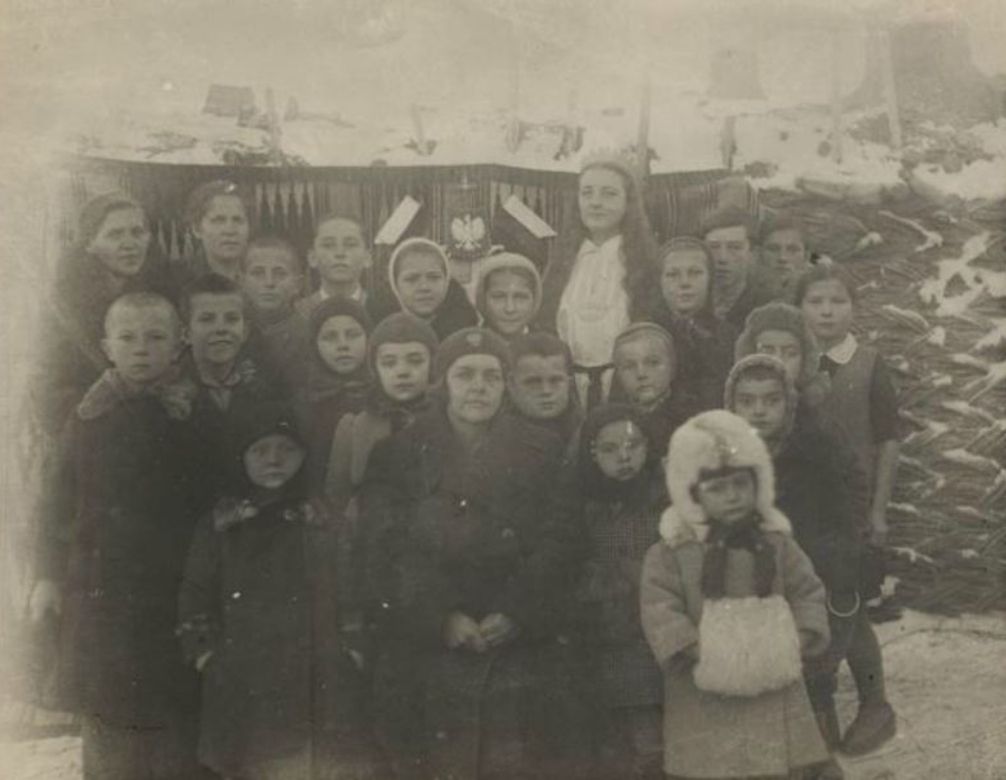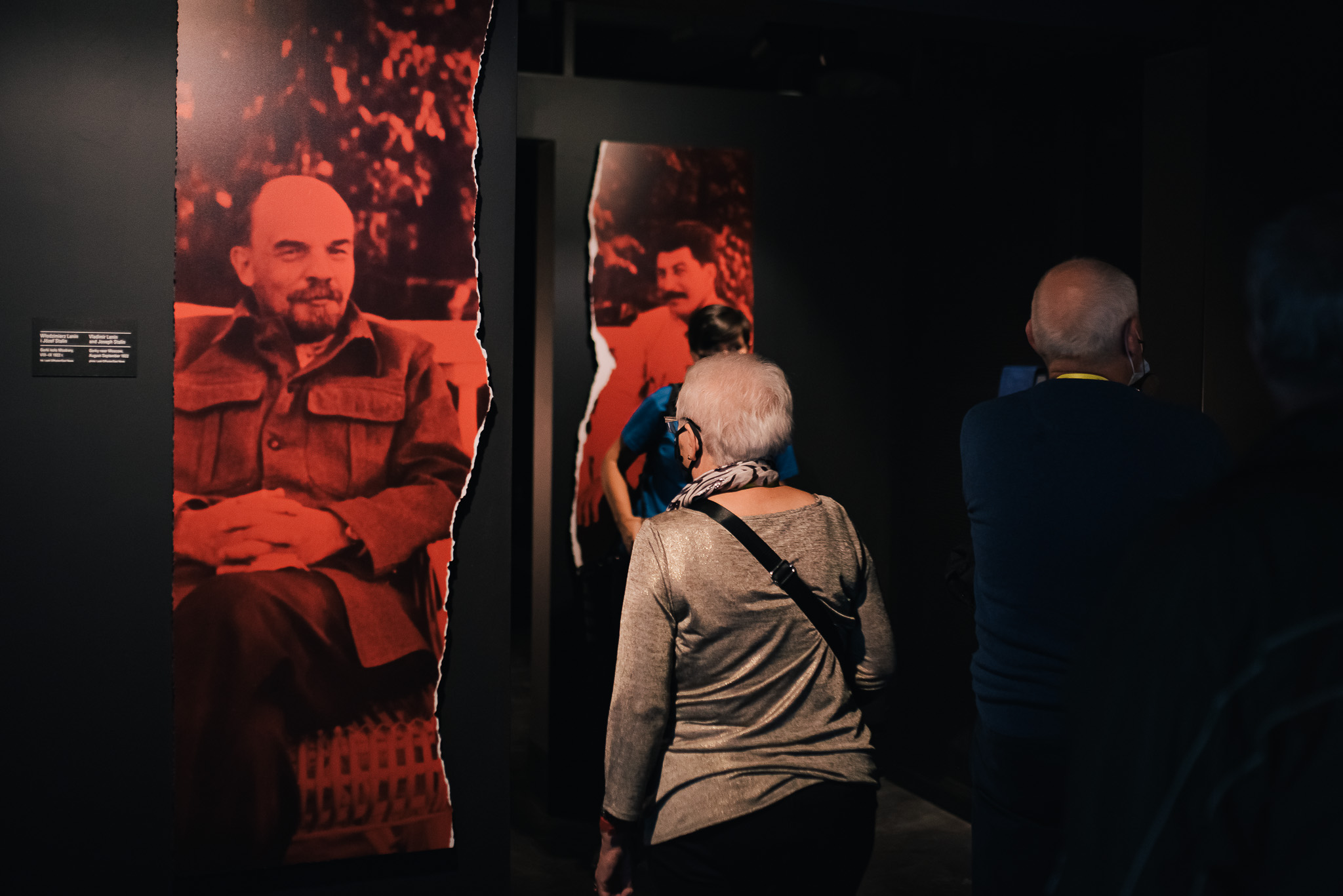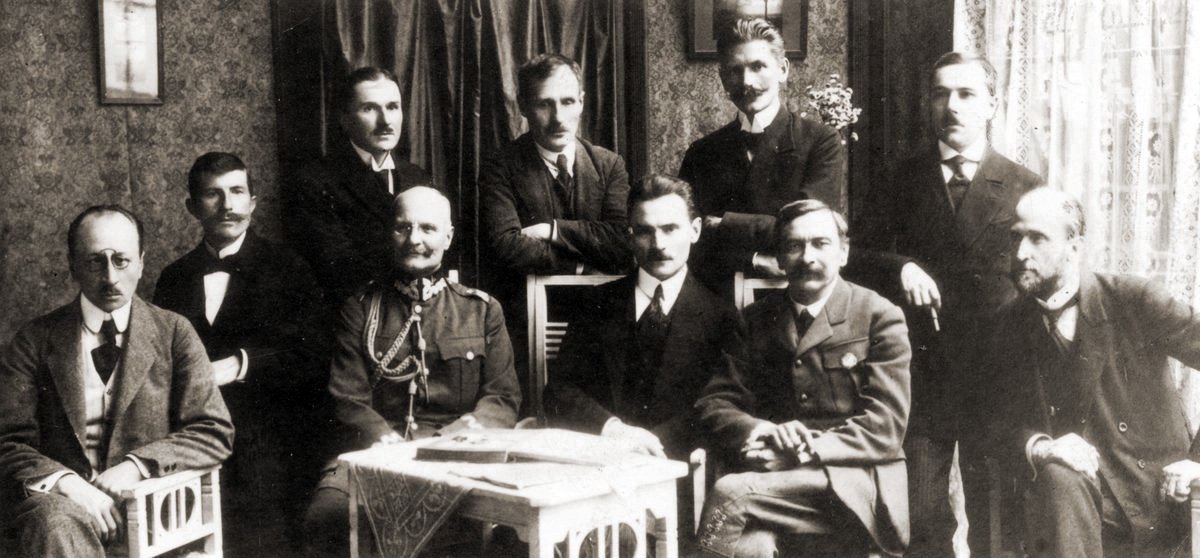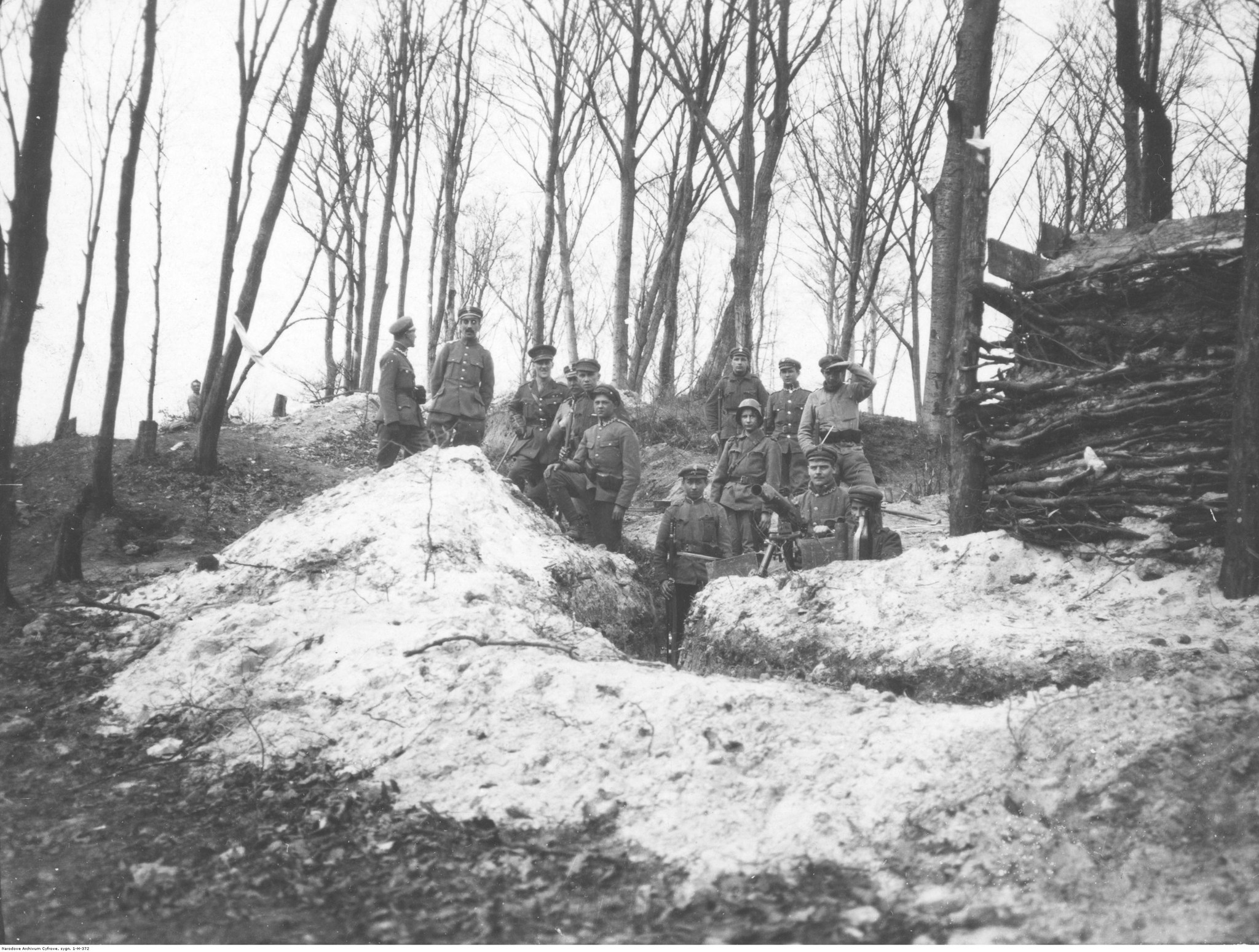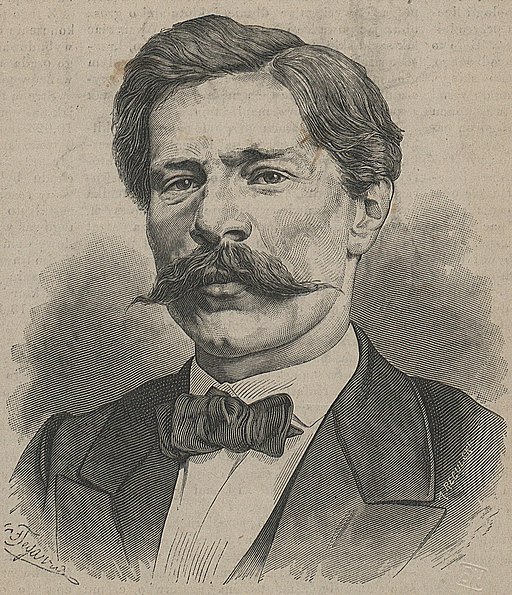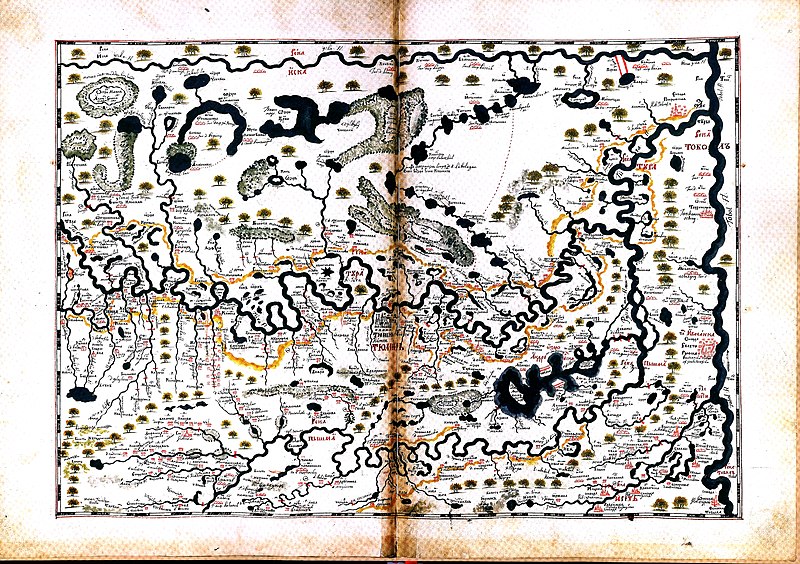The date of 11 November 1918, being the day on which Poland regained its independence, is a symbolic date. Exactly on that day, an armistice ending the First World War was concluded in a wagon in the forest of Compiègne.
The Union of Soviet Socialist Republics was the first communist state in history. The decision to create it was taken on 30 December 1922.
On 18 March 1921, the treaty ending the Polish-Bolshevik war (the so-called Treaty of Riga) was signed in Riga.
The Polish-Bolshevik war broke out on 14 February 1919. The site of the first confrontation was the town of Mosty near Szczuczyn in the Grodno region, where Polish Army units halted the Red Army’s march.
On 12 February 1833, Aleksander Czekanowski was born in Krzemieniec in Volhynia. He trained as a geologist, but was not given the freedom to pursue his career as he was sent to Siberia at the age of 30 for taking part in the January Uprising.
The first Siberian fortresses were built by Polish prisoners of war who had been taken captive by Moscow authorities precisely during the war initiated by Stefan Batory.




